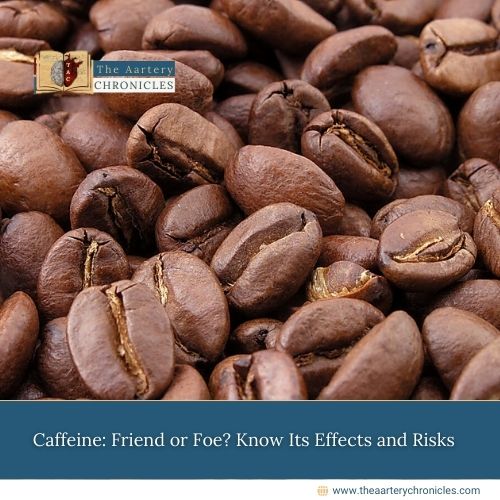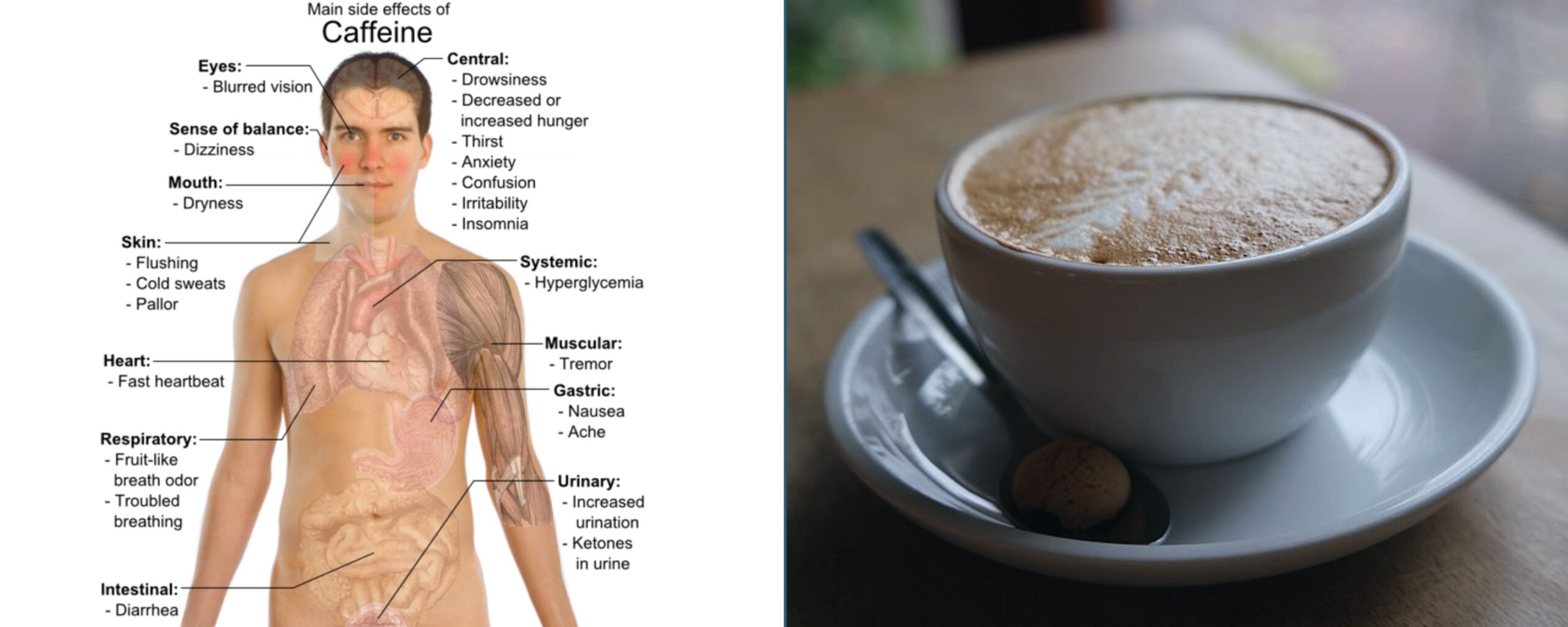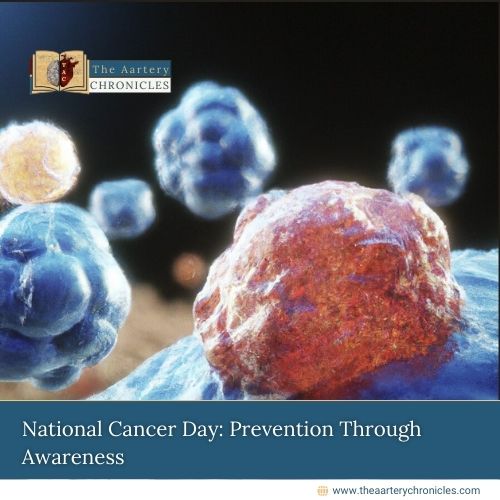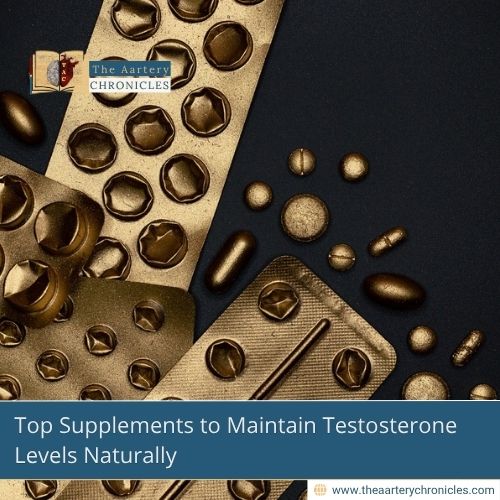

Caffeine: Friend or Foe? Know Its Effects and Risks
Overview
We all enjoy our daily dose of coffee, tea, energy drinks, or soft drinks to help us power through the day. On those mornings when we miss out on our usual coffee or tea, we often feel sluggish, as if something is missing from our routine. That’s the impact of caffeine in these beverages
Caffeine is a natural stimulant for our brain and our nervous system.
- It belongs to the methylxanthine class and is one of the most widely used psychoactive substances globally.
- While it’s primarily associated with coffee beans, caffeine is also found in tea leaves, kola nuts (which flavor soft drinks like colas), and cacao pods (the base for chocolate products).
On the other hand, synthetic (man-made) caffeine is used in some medications, such as
- Pain relievers
- Cold remedies
- Over-the-counter alertness aids
- Energy drinks
- ‘Energy-boosting’ gums
- Snacks.
The caffeine content in these products varies depending on the specific product.
Caffeine increases
- Alertness
- Raises energy levels
- Improves concentration
No wonder we reach for our cuppa tea or mug of coffee at various times of the day to work efficiently.
- However, Caffeine should be consumed moderately, as excess consumption has detrimental effects, and its side effects should be known to us.
Side effects of caffeine intake
Over some time, certain side effects of caffeine consumption come to light. Caffeine intoxication is also known as “caffeinism” – a state where caffeine is consumed to toxic levels with the following side effects.
- Anxiety: Caffeine intake blocks the effectiveness of adenosine, a chemical, present in our brain, that makes us feel tired and supports the release of the hormone adrenaline that increases our energy levels.
- Excess caffeine increases our anxiety levels and makes us nervous.
- The American Psychiatric Association has published a work in the Diagnostic and Statistical Manual of Mental Disorders (DSM) that states that caffeine-induced anxiety disorder is one of the four caffeine-related syndromes. [1]
- Consumption: Caffeine consumed in excess i.e. above 1000 mg or more daily, leads to symptoms of
- Nervousness
- Jitters
- Anxiety
- Rapid breathing
Coffee consumed to the tune of about 300 mg causes double the stress-related symptoms in addition to rapid breathing or edginess.
- Insomnia: Caffeine is popular for reducing sleepiness, but too much caffeine does not help in restorative sleep as we keep tossing and turning in bed to fall asleep and our sleeping pattern is greatly disturbed. Consumption of caffeine in the later part of the day increases the scope of insomnia. So, if you want to sleep soundly, limit caffeine intake, in moderate proportions, to the earlier part of the day.
- Digestion: Caffeine has a laxative effect. Excess consumption may lead to loose motions or diarrhea. It may also aggravate symptoms of Gastroesophageal Reflux Disease (GERD).

- Muscle damage: Caffeine intake, in excess, may cause Rhabdomyolysis in which damaged muscle fibers enter our bloodstream causing kidney failure. More study and research is going on in this subject.
- Habit: Caffeine intake may give rise to addiction. Missing out on a drink may lead to frequent headaches, fatigue, and other withdrawal symptoms, in those who consume large amounts of caffeine daily. Something like a drug withdrawal.
- Heart rate: Caffeine stimulates our heart to beat faster. Excess caffeine (be it coffee or energy drinks) may lead to altered rhythms of our heart, known as atrial fibrillation. This may lead to kidney failure or other health problems.
- Blood pressure: Caffeine stimulates our nervous system and may cause our blood pressure to rise. High blood pressure may lead to chances of having a heart attack or stroke, as arteries are damaged due to low blood flowing to our heart and brain.
- Urination: Caffeine stimulates the bladder leading to frequent urination. Caffeine intake may lead to incontinence of the bladder or more instances of frequent or urgent urination.
- Fatigue: Caffeine content in coffee, tea or other beverages boosts our energy levels. On the other hand, once the caffeine level in our body falls, we feel fatigued at the end of the day. This is known as rebound fatigue.
- Withdrawal symptoms: Caffeine consumed in excess leads to intense withdrawal symptoms like headaches, anxiety, lower concentration, depression, mood changes, cognitive effects, and fatigue. Caffeine slows down the cerebral blood flow leading to headaches.
- Caffeinism: Caffeine consumed at alarmingly high levels causes anxiety, agitation, tremors, restlessness, insomnia, gastrointestinal issues, tachycardia, and psychomotor agitation, to name a few.
Caution
The amount of caffeine to be consumed, in a day, by an adult, is 400 mg as recommended by the FDA (Food and Drug Administration). FDA considers caffeine as a drug and food additive, belonging to a group of medicines called Central Nervous System (CNS) stimulants.
Advisory
Caffeine should be avoided by pregnant and breastfeeding women, those planning to start a family, children, athletes, and individuals with epilepsy, anxiety disorders, heart disease, caffeine hypersensitivity, gastric issues, IBS, glaucoma, sleep disorders, or chronic worry.
Tip
To manage caffeine levels and avoid disrupting your sleep, it’s best to stop consuming caffeinated food and drinks—such as black and green tea, coffee, espresso, decaf coffee, chocolate, energy drinks, soft drinks, and OTC medications like Excedrin—at least six hours before bedtime
Fun Fact
Did you know that caffeine in plants acts as a natural pesticide? It paralyzes and kills insects that try to infest the plants!
Conclusion
The key takeaway is that caffeine should be consumed in minimal to moderate amounts to avoid harming our bodies. In today’s fast-paced world, we often rely on stimulants to keep up, but instead of depending on caffeine, tobacco, alcohol, or drugs, we should focus on making healthier choices. A balanced diet rich in seeds, nuts, fruits, and vegetables, along with proper sleep, stress management, regular exercise, staying hydrated, and achieving peace of mind and body, can help us live better. Let’s embrace and enjoy the journey of being and staying healthy.









